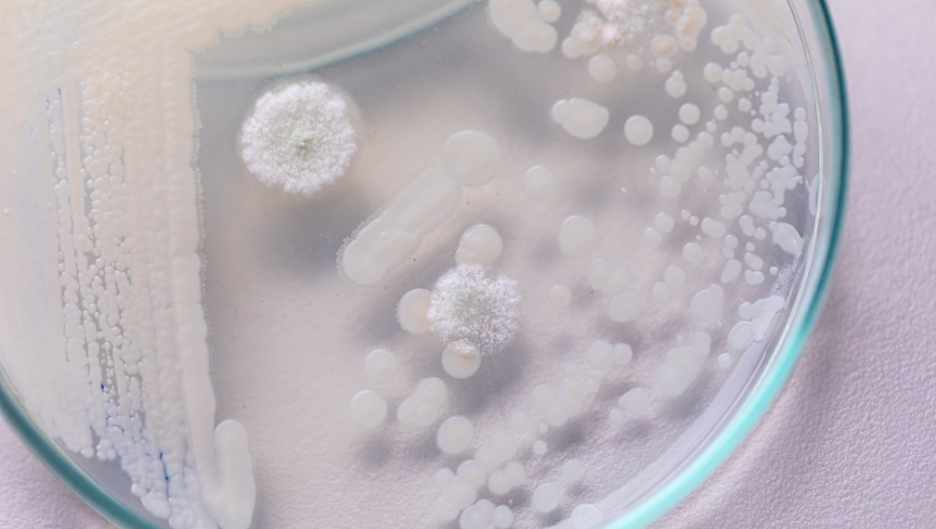
Advances in microbiology in recent years have led to the development of several microbes that can produce sustainable, bio-based chemicals and fuels. However, industrial processes to develop bioproducts are costly, and researchers are currently limited to using a few well-characterized microbial hosts such as E. coli and yeasts to produce molecules of interest.
To address these challenges, biotechnology company Visolis teamed up with the Agile BioFoundry (ABF) to explore new feedstocks and microbes that are cheaper, more reliable, and perform well.
The teams set out to develop a system that can produce an industry-relevant platform molecule that can be used in fuels and as high performance polymers. This system would use waste CO2 combined with aerobic fermentation at a low pH to decrease costs.
“We didn’t have any significant capabilities in-house to engineer these kinds of microbes or fermentations. That’s not something we could have done otherwise,” said Deepak Dugar, president of Visolis. “Through this partnership, we were able to access these resources without having to build them from scratch in-house.”
The teams demonstrated that this system could produce promising amounts of Visolis’ platform molecule. ABF’s team developed techno-economic models to evaluate the technology’s economic potential.
Visolis will be developing this technology further, either internally or in collaboration with ABF scientists. Dugar said the proof of concept achieved through this project is crucial for Visolis, allowing them to present their technology to investors and attract further funding.